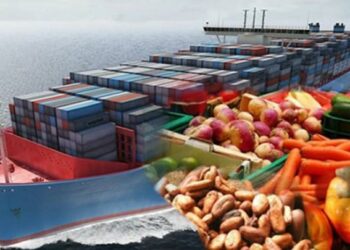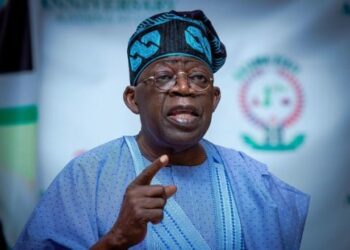Africa is increasingly becoming a destination for cheap, often toxic petroleum products — many of which are blended to substandard levels that would not be permitted in Europe or North America.
This concern was raised by the president/chief executive, Dangote Industries Limited, Aliko Dangote, during the ongoing West African Refined Fuel Conference held in Abuja. The event is organised by the Nigerian Midstream and Downstream Petroleum Regulatory Authority (NMDPRA) and S&P Global Commodity Insights.
Dangote revealed that due to the continent’s limited domestic refining capacity, Africa imports over 120 million tonnes of refined petroleum products annually, at a cost of approximately $90 billion.
While appreciating the Management of the Nigerian National Petroleum Company Limited (NNPC), for making some cargoes of Nigerian crude available to us from start of production to date, he revealed that the company, monthly import between 9-10 million barrels of crude from the United States of America and other countries. He said, “As we speak today, we buy 9 – 10 million barrels of crude monthly from US and other countries. I must thank NNPC for making some cargoes of Nigerian crude available to us from start of production to date.”
Dangote further stated that despite producing around 7 million barrels of crude oil per day, Africa only refines about 40 per cent of its 4.3 million barrels daily consumption of refined products domestically. In stark contrast, Europe and Asia refine over 95 per cent of what they consume.
“So, while we produce plenty of crude, we still import over 120 million tonnes of refined petroleum products each year, effectively exporting jobs and importing poverty into our continent. That’s a $90 billion market opportunity being captured by regions with surplus refining capacity. To put this in perspective: only about 15 per cent of African countries have a GDP greater than $90 billion. We are effectively handing over an entire continent’s economic potential to others—year after year,” he said.
While reaffirming his belief in the power of free markets and international cooperation, Dangote emphasised that trade must be grounded in economic efficiency and comparative advantage — not at the expense of quality or safety standards. He stressed that, “it defies logic and economic sense for Africa to be exporting raw crude only to re-import refined products—products we are more than capable of producing ourselves, closer to both source and consumption.”
Reflecting on the experience of delivering the world’s largest single-train refinery, Dangote also highlighted a range of challenges faced, including technical, commercial, and contextual hurdles unique to the African landscape.
Africa’s wealthiest man described building refineries such as the Dangote Petroleum Refinery as one of the most capital-intensive and logistically complex industrial facilities ever constructed. The Dangote refinery project, he said, required clearing 2,735 hectares of land (seven times the size of Victoria Island), of which 70 per cent was swampy, requiring the pumping of 65 million cubic metres of sand to stabilise the site and raise it by 1.5 metres, over 250,000 foundation piles, and millions of metres of piping, cabling, and electrical wiring among others.
“At peak, we had over 67,000 people on-site of which 50,000 are Nigerians, coordinating around the clock across hundreds of disciplines and nationalities. Then, of course, came the COVID-19 pandemic which set us back by two years and brought new levels of complexity, disruption, and risk. But we persevered,” he noted.
The refinery also required the construction of a dedicated seaport, as existing Nigerian ports could not handle the size and volume of equipment required. This included over 2,500 pieces of heavy equipment, 330 cranes, and even the establishment of the world’s largest granite quarry, with a production capacity of 10 million tonnes per year.
“In short, we didn’t just build a refinery—we built an entire industrial ecosystem from scratch,” he said.





